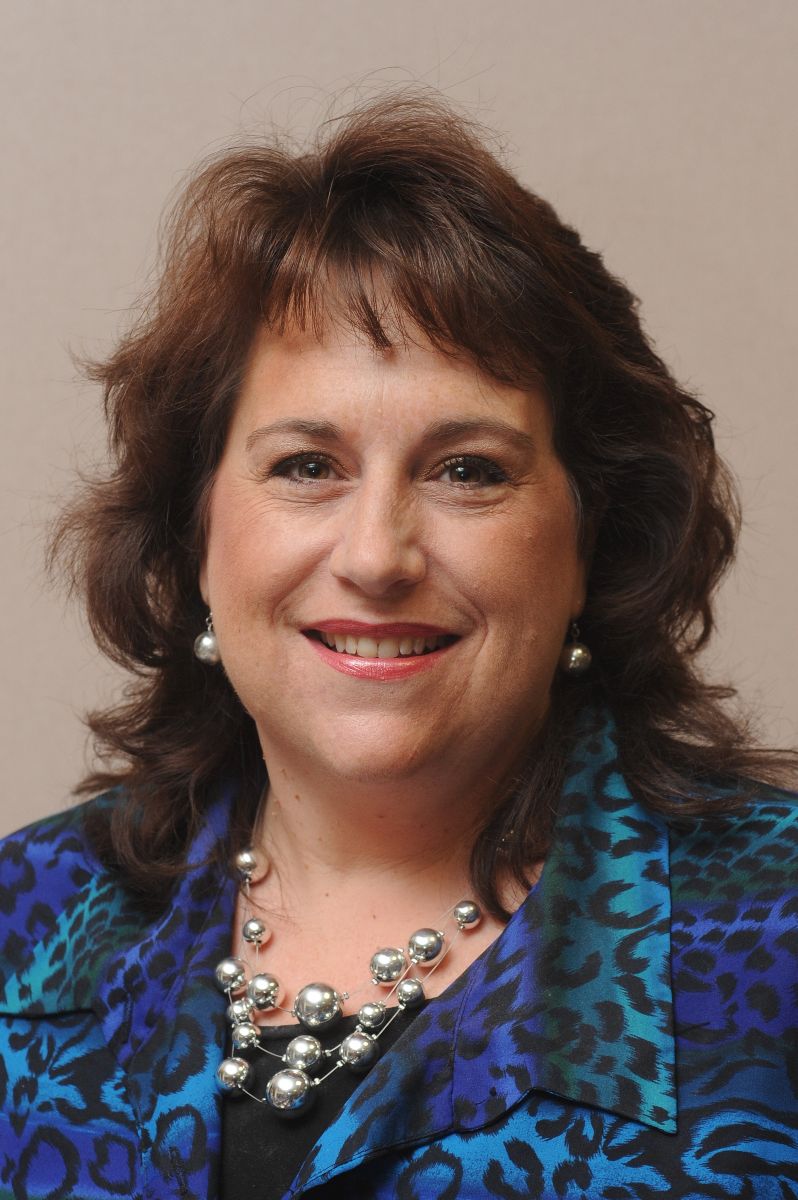Other Online Certificates and Courses
![]()
![]() Register Online
Register Online
![]() Call us at:
Call us at:
703-503-6300
![]() Send email to:
Send email to:
NOVAWorkforceAnswers@nvcc.edu
The Caregiver Relationship
-
Care dyads: spouses/significant others; parent-child; elder-other relative; friends; long-distance caregivers; client-paid provider
-
Understanding the elder
-
Identifying personal limits
-
Avoiding role violation
-
Personal resources and stress management
-
Elder Justice: preventing elder abuse
Legal and Financial Issues
-
Medicare vs. Medicaid and long term care insurance
-
Advance directives
-
Advocacy skills
-
Organizing it all
-
Anticipating instrumental activities of daily living (IADLs)
-
Needs in activities of daily living (ADLs)
-
Basic tips for bathing, dressing, meds, meals
-
Communicating with elders, managing challenges and behaviors
Services and Supports
-
Community based services
-
Institutional care options
-
Technology
 About online learning
About online learning
Online learning is a fun, enjoyable and very productive way to learn. Millions of people are learning online each year. You will engage with the instructor and other participants. You will get to know your instructor and other participants. You may make friends. It’s easy. It’s fun.
 How the Course Works
How the Course Works
It is easy to participate in your online course. After you register, you will be given a web address to go to get into your online classroom. You will have a password and use your email address and password to gain access.
Once inside the online classroom, here’s what you can expect.
 Participate when you want
Participate when you want
You can participate any time of day or evening. The online classroom is open 24 hours a day, 7 days a week.
There are no live real-time requirements or meetings. You decide when you participate.
For the best learning, participants should log into the course on 2-3 different days of the week.
 What you will do
What you will do
For each Unit, you will:
- Read the print readings (about 20 pages a week)
- Have the option of accessing the online readings
- Listen to the audio presentation for the Unit and view the slides
- Have the option of taking a self-quiz to see how much you have learned
- Engage in written online discussion with your instructor and other participants
For best learning, you should make one or more comments at 2-3 different times each week.
The content (readings, audio lectures, slides) and self quizzes are accessible for the entire course, so you can work ahead, or go back and review again, at your convenience.
 Discussion
Discussion
The Discussion for each Unit lasts one week. All comments are made in writing and can be made at any time of the day or night.
Your instructor will log into the Discussion area at least once a day and answer questions, make comments, and respond to comments by you and the other participants.
We encourage you to make 2-3 comments each week to maximize your learning and enjoyment of the course.
It’s easy. It’s fun.
-Next session coming soon- $ USD

Pamela Atwood has worked with older adults professionally for more than 20 years, and in 2001 earned a Master's Degree in Gerontology and Human Development from Saint Joseph College in West Hartford. She is accredited through the National Council of Certified Dementia Practitioners and is recognized as a Qualified Dementia Care Provider by the Alzheimer’s Foundation of America.
Ms. Atwood is also an adjunct faculty member of the gerontology program at Saint Joseph College in West Hartford. Before joining Hebrew Health Care, she was the director of programs for the local chapter of the Alzheimer's Association. She also has many years of experience as a community case manager and worked in several skilled nursing facilities.
 Course Objectives
Course Objectives-
To prepare for changes in personal relationships when taking on caregiving roles
-
To improve understanding of resources and the long-term care services and supports available
-
To develop confidence in techniques in assisting others with variety of needs
 Course Outcomes
Course Outcomes-
Identify at least 4 strategies to minimize caregiver stress and risks to relationships.
-
Differentiate between Medicare, Medicaid and private resources which pay for long term care services and supports.
-
Discuss strategies for effective advocacy as a caregiver for aging persons.
- List effective approaches in provision of physical care and supervision of wellness.
- Describe community based services which support various elder needs.
